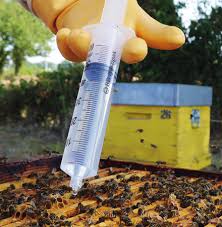
What Should I Be Doing in My Apiary This Month? December
December may not be the best month for doing bee work, but this doesn’t mean you get to take …



Extension and research at NC State address timely issues impacting our state. Extension delivers trusted information directly into the hands of farmers and agribusinesses, helping them translate knowledge into solutions that grow our economy and communities.
El inglés es el idioma de control de esta página. En la medida en que haya algún conflicto entre la traducción al inglés y la traducción, el inglés prevalece.
Al hacer clic en el enlace de traducción se activa un servicio de traducción gratuito para convertir la página al español. Al igual que con cualquier traducción por Internet, la conversión no es sensible al contexto y puede que no traduzca el texto en su significado original. NC State Extension no garantiza la exactitud del texto traducido. Por favor, tenga en cuenta que algunas aplicaciones y/o servicios pueden no funcionar como se espera cuando se traducen.
Inglês é o idioma de controle desta página. Na medida que haja algum conflito entre o texto original em Inglês e a tradução, o Inglês prevalece.
Ao clicar no link de tradução, um serviço gratuito de tradução será ativado para converter a página para o Português. Como em qualquer tradução pela internet, a conversão não é sensivel ao contexto e pode não ocorrer a tradução para o significado orginal. O serviço de Extensão da Carolina do Norte (NC State Extension) não garante a exatidão do texto traduzido. Por favor, observe que algumas funções ou serviços podem não funcionar como esperado após a tradução.
English is the controlling language of this page. To the extent there is any conflict between the English text and the translation, English controls.
Clicking on the translation link activates a free translation service to convert the page to Spanish. As with any Internet translation, the conversion is not context-sensitive and may not translate the text to its original meaning. NC State Extension does not guarantee the accuracy of the translated text. Please note that some applications and/or services may not function as expected when translated.
Collapse ▲
December may not be the best month for doing bee work, but this doesn’t mean you get to take …

NC State University’s College of Agriculture and Life Sciences (CALS) has once again been selected as the home to the official National …

The PDIC will be closed during the following dates for the late 2025 – early 2026 holidays: Thanksgiving break: The …

We’re excited to announce a new resource: the “North Carolina Farm Pond Management Calendar”! This is available from the …
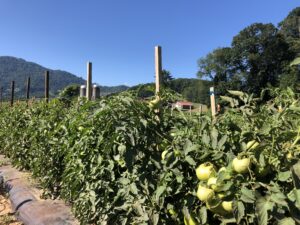
The fungicide spray guides for tomato and pepper are intended for commercial growers and are suggested products or programs …

Every year in December some of our wonderful Chatham County Farmers’ Markets host special holiday craft markets. These markets …
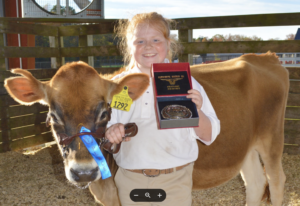
Saturday, November 22nd, at the Duplin Livestock Facility in Kenansville, 4-Hers from Duplin and Pender counties will wrap up …
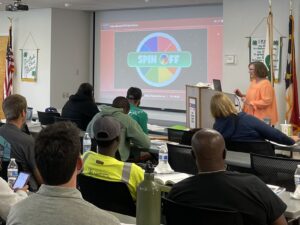
The spring 2026 Pesticide Safety Schools are for those seeking initial licensing in one or more pesticide subcategories. To register for …
Earlier this year, Prof. Nicholas Brown, editor at Farm Law & Tax, had an article published in the Drake Journal …
On October 23, 2025, Prof. Nicholas Brown presented an end-of-year tax planning webinar for beef and dairy producers in …
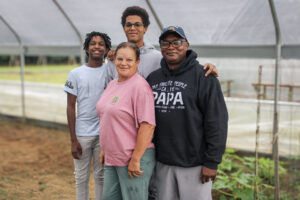
After years of hard work and service, Timothy Davis wanted to return to the land that shaped him. Farming …
On October 22, 2025, Commission 3.3 (Soil Fertility and Plant Nutrition) of the International Union of Soil Sciences, chaired …

The North Carolina Fresh Produce Safety Task Force invites produce growers, food safety coordinators, extension agents, food safety consultants, …
NC AgVentures Farm Grant Program is an NC State Extension grant program that provides grants to NC family farms, …

Join us at the North Carolina State Fair for the Youth Market Turkey Show (YMTS) in the Kelley Building …
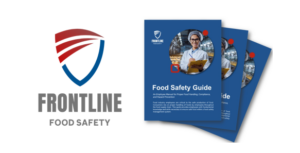
Are you and your company looking for food safety training for your frontline employees? The Frontline Food Safety Training program aims to …
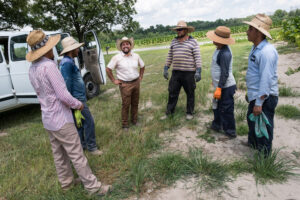
SMITHFIELD, N.C. – North Carolina agriculture depends on the thousands of farmworkers who help plant, tend, and harvest crops …

On September 19, 2025 the Chatham County Center of North Carolina Cooperative Extension conducted a workshop on Landscaping for Pollinators and Other …

On October 9th, at 6 p.m. at the N.C. Cooperative Extension, Madison County Center, come learn about resources and …

Are you a forest landowner seeking NRCS funding, an agricultural producer exploring sustainable practices, or a middle school or …
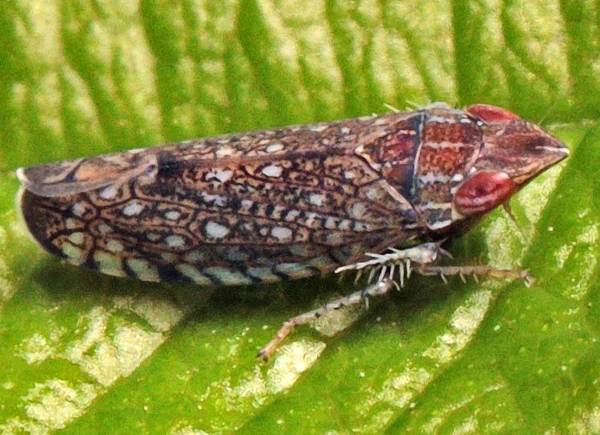
Leafhoppers are insects of importance to highbush blueberry growers in North Carolina. Species in the …
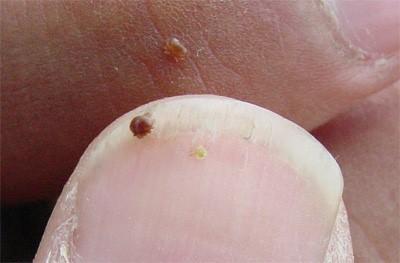
It is the goal of every beekeeper to maintain healthy, productive colonies. This can only …
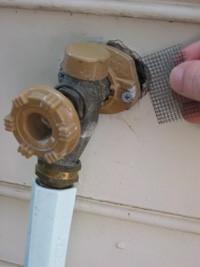
This factsheet provides basic information about prevention and control of Africanized honey bees prior to …
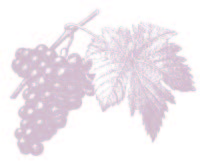
Vineyard establishment involves careful planning, thorough site preparation, vineyard design, planting, and trellis construction. Unlike …
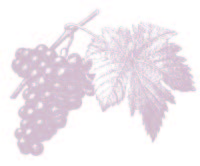
Growing Chardonnay grapes, the number one vinifera variety grown in North Carolina, can be a …
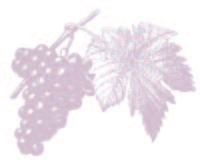
New and current grape growers will find practical information on site appraisal, establishment, and operation …
The grape and wine industry in North Carolina is now worth in excess of $30 …
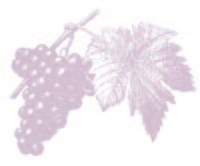
This chapter discusses the principles of grapevine dormant pruning, reviews reasons for vine training, and …